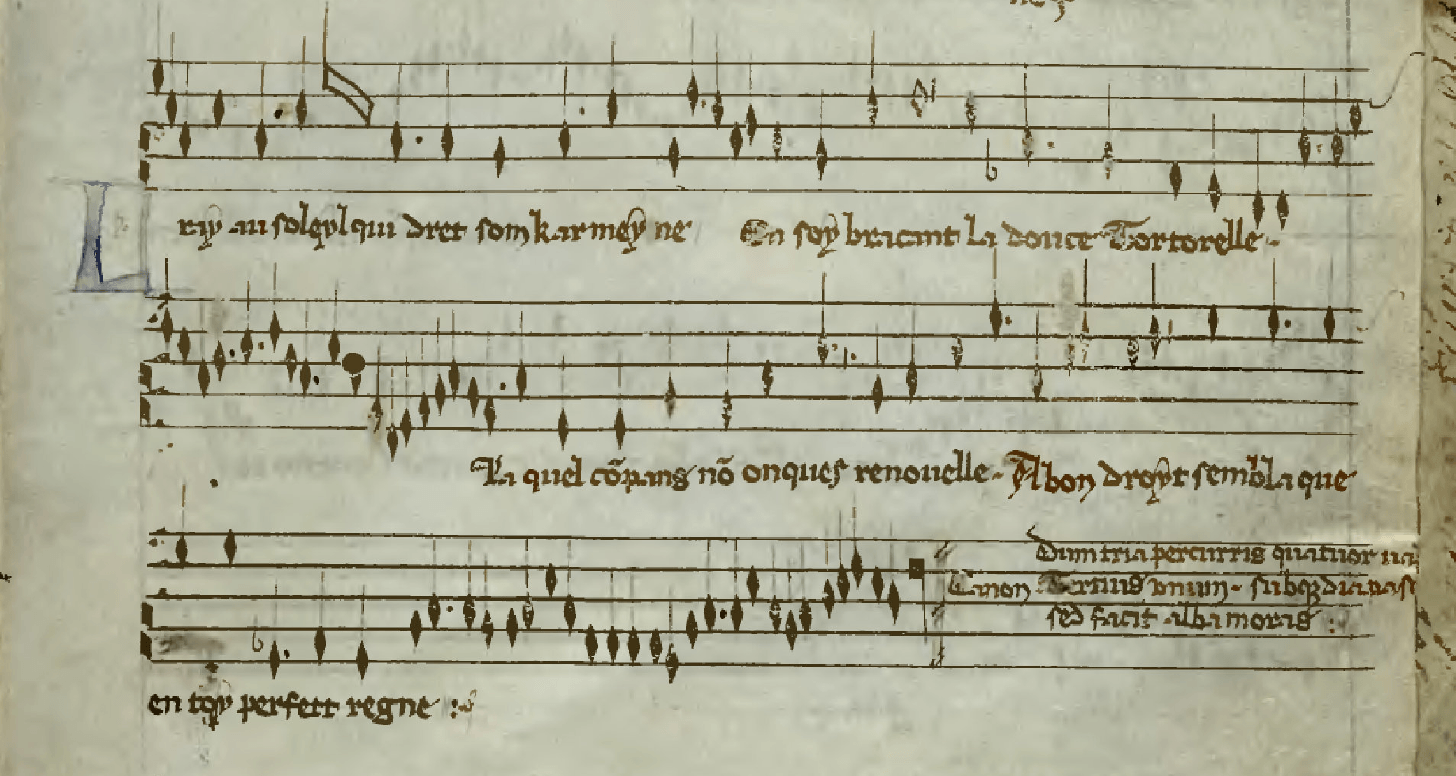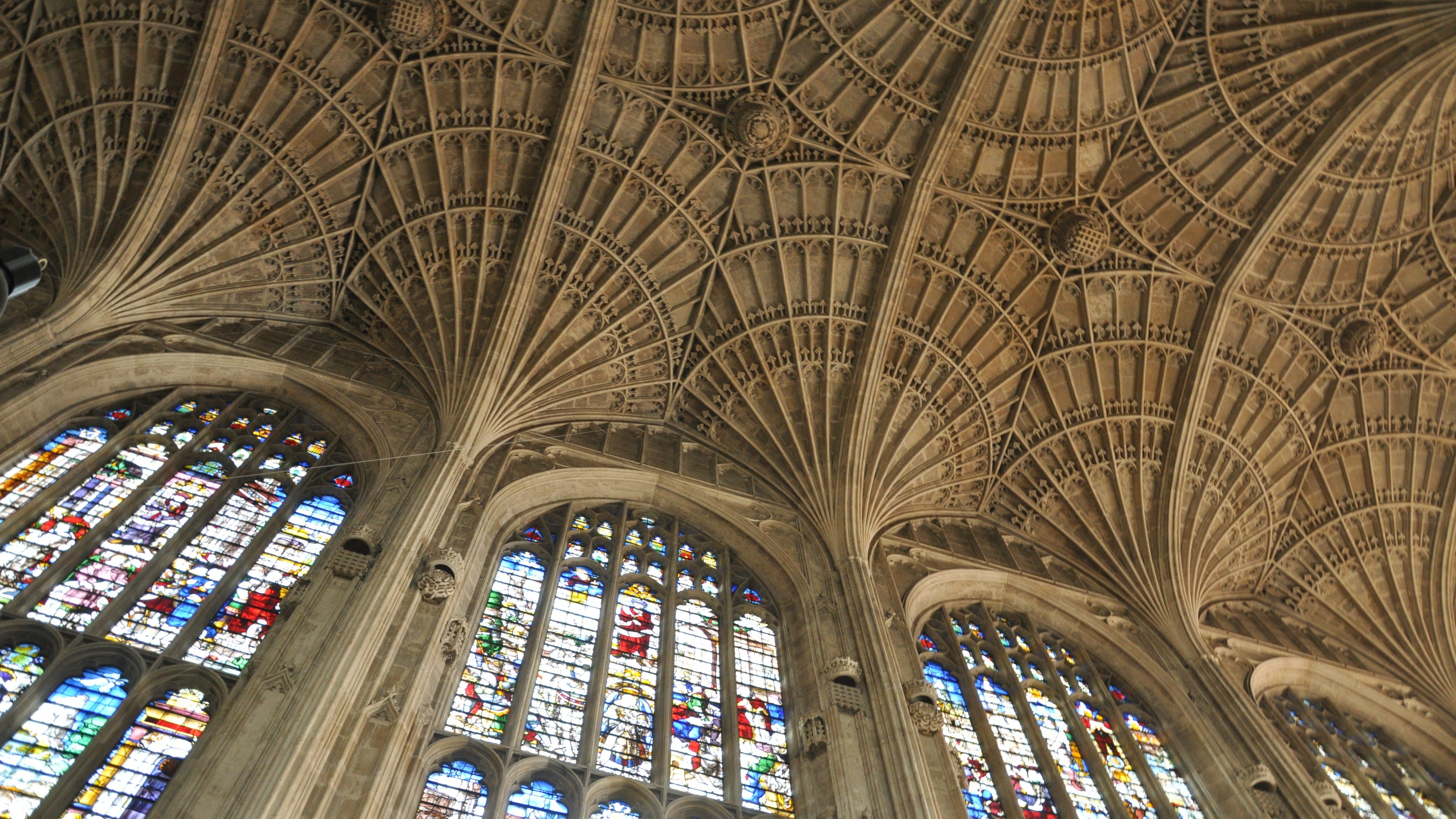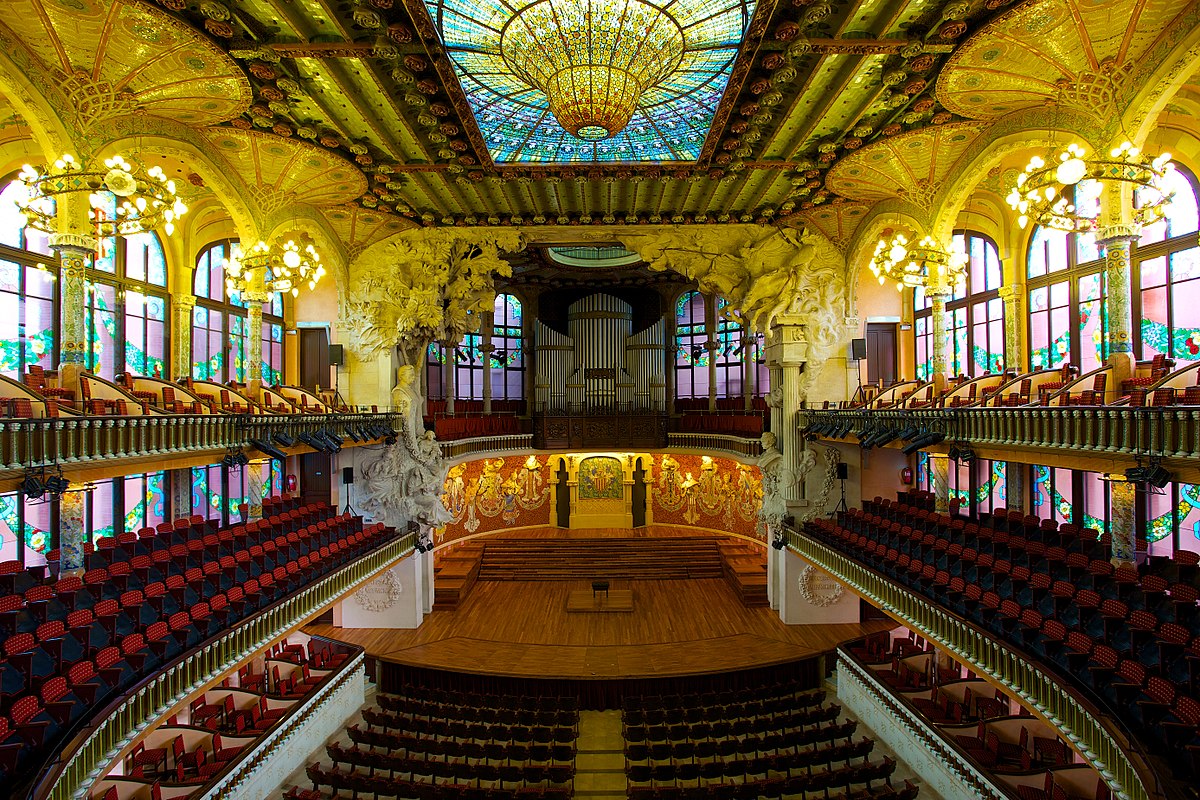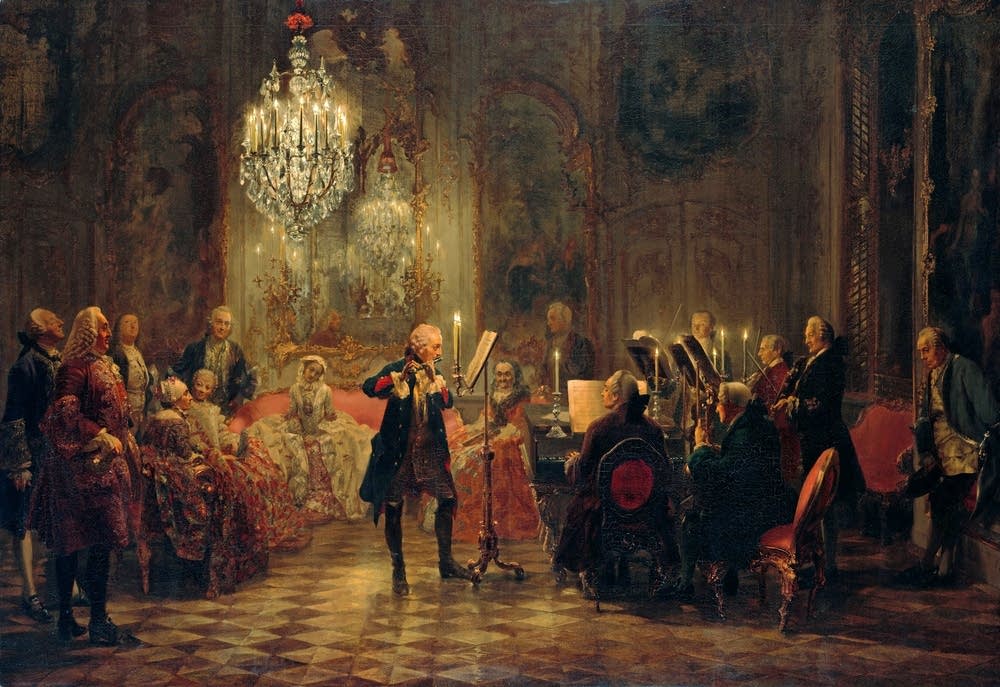Michael Praetorius: Four Renaissance Dances, Magnificat
It is believed that the German Renaissance composer, Michael Praetorius, was born on this day in 1571. In a strange coincidence, he died on the same date fifty years later in 1621. Active as an organist and music theorist, Praetorius was amazingly versatile. He published the four-volume Syntagma musicum, an influential treatise on music history and theory which remains a principal source for knowledge of 17th century music. Among his Lutheran chorale settings is …







